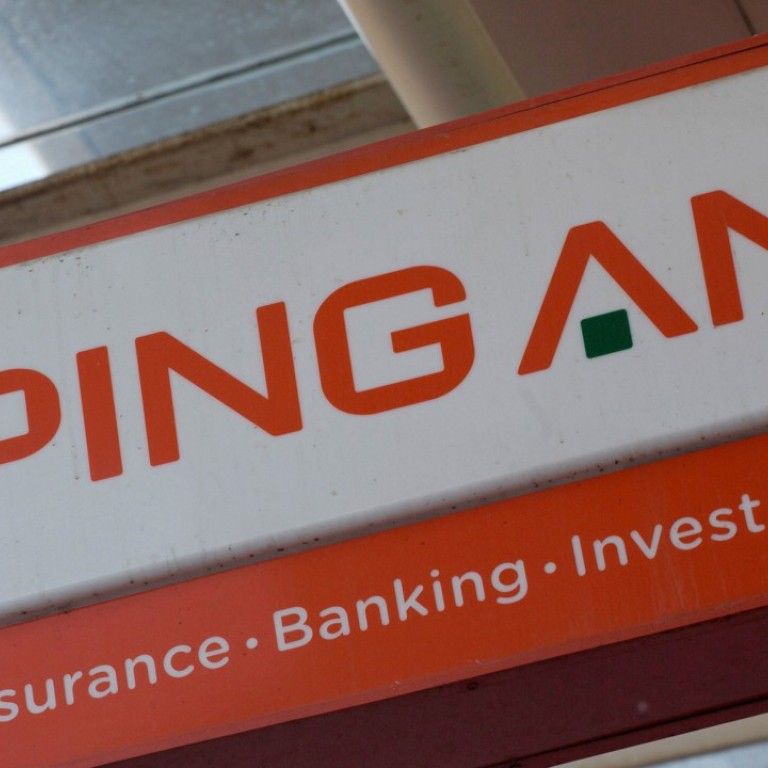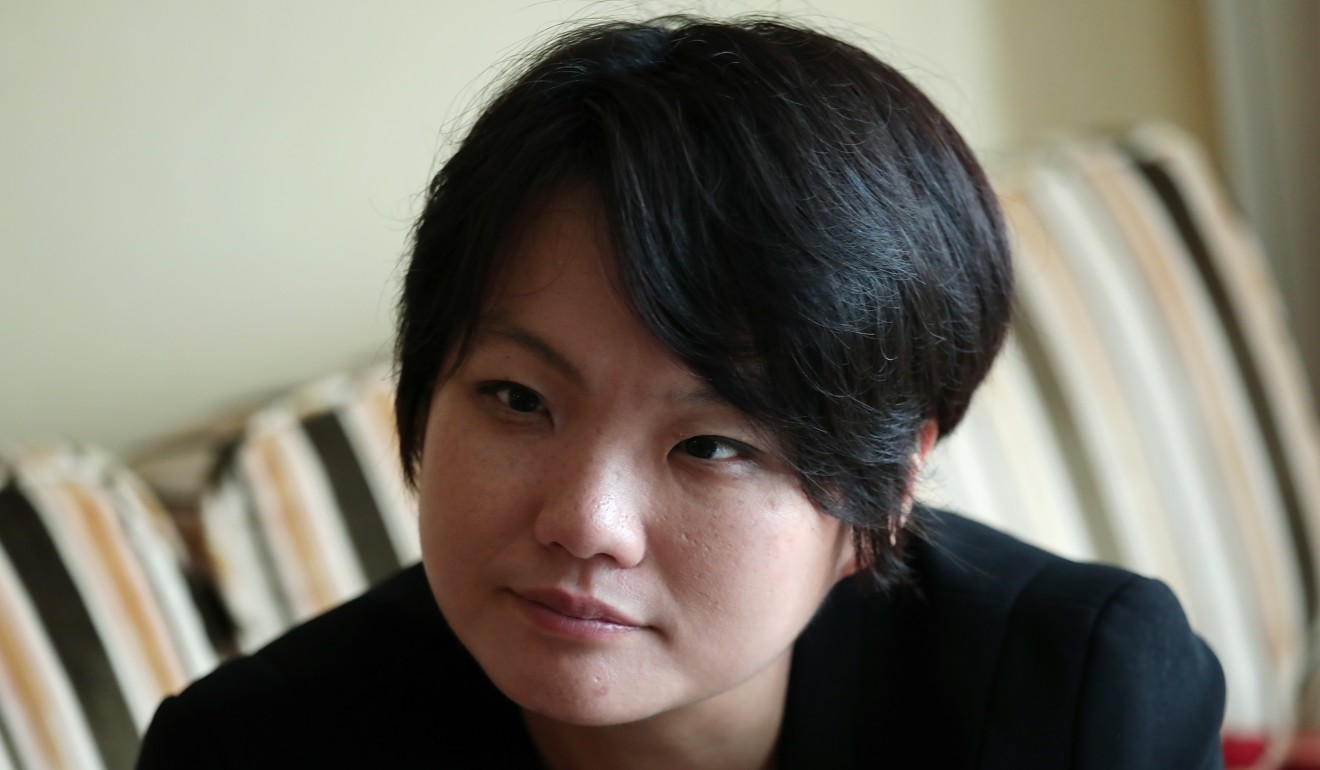
Ping An Insurance aims to take its financial, health-care technologies into new Asian markets
Ping An Insurance (Group), China’s second largest life insurer, plans to expand into overseas markets and export its financial and health-care technologies to Asian countries in the next year, according to deputy chief executive Jessica Tan Sin-yin.
“We will expand into overseas markets this year. Ping An has invested and developed a lot of fintech and healthtech projects over recent years. These technology businesses are now mature enough for us to export into overseas markets,” Tan said in an interview in Hong Kong.
The company said last week technology has for the first time become a key earnings contributor, representing 7 per cent of its operating profit in the first half of this year.
As part of the push, she said Ping An would expand its fintech company OneConnect to serve central banks and other financial institutions in Asian countries. The Hong Kong Monetary Authority (HKMA), the de facto central bank of the city, has become one of its first overseas client.
The HKMA and seven major lenders in Hong Kong including HSBC and Standard Chartered are launching fintech blockchain platforms operated by OneConnect.
OneConnect is one of four major start-ups set up by Ping An in recent years. It provides the technology to set up internet platforms for banks and other financial firms. In the mainland, it already serves 441 banks, 89 per cent of the total.

Other overseas expansion will include its two health-care technology arms. Ping An Good Doctor – officially known as Ping An Healthcare and Technology – earlier this month announced the formation of a 70-30 venture with Southeast Asian ride-hailing platform Grab. The partnership will give users in the region access to artificial intelligence-assisted online medical consultations, medicine delivery and appointment bookings.
And Ping An Health Technology, which handles hospital management in the mainland, also plans to expand into Asian markets.
Tan said Ping An Health Technology uses artificial intelligence to help hospitals to manage patients’ data and bookings, and hence improve their operational efficiency in many mainland cities. She said Ping An would like to export this type of service to hospitals in southeast Asian countries.
The company is also involved in “smart cities”, helping the governments of 200 mainland cities to improve their traffic control, education and other administrative issues.
“We would like to export the smart-cities technology to other Asian cities in the coming years,” she said.

